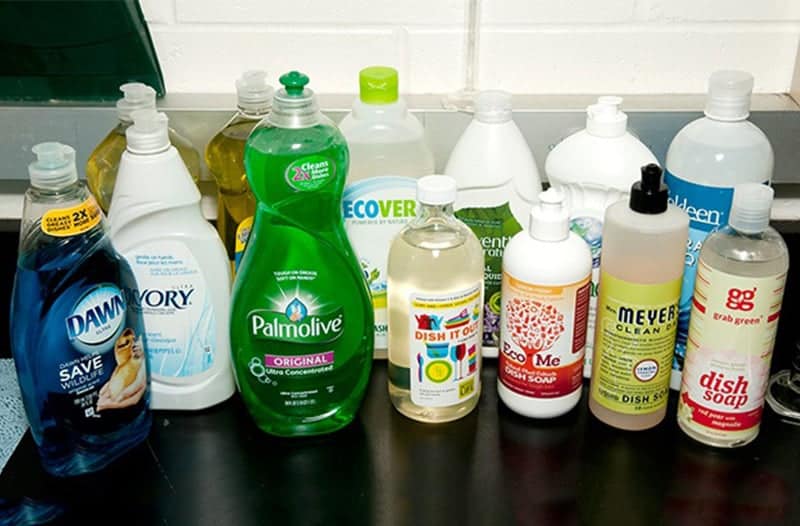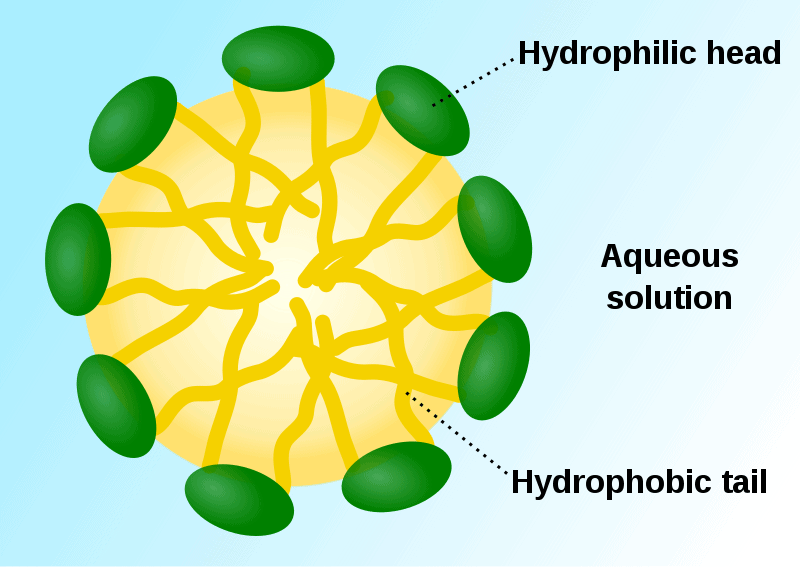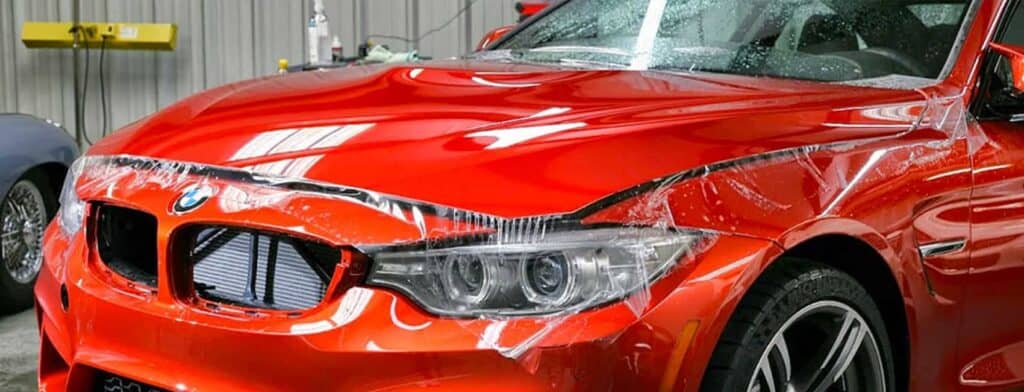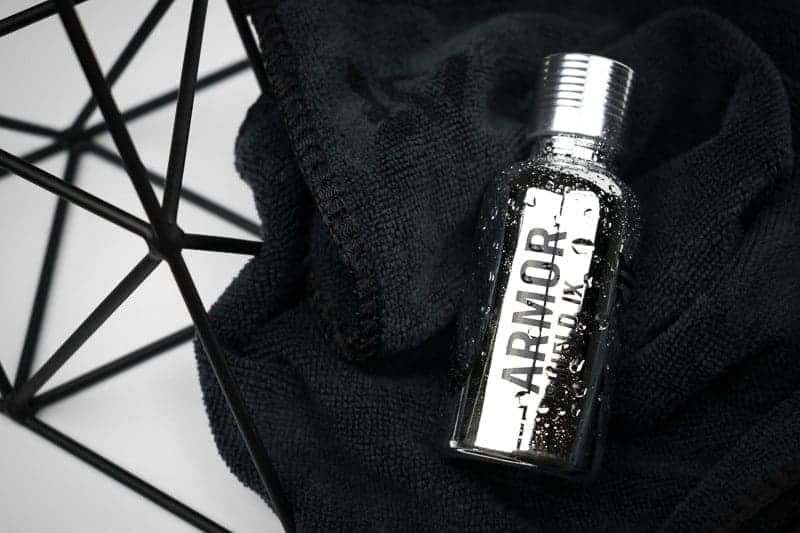Can You Use Dawn Dish Soap to Clean a Car
Pop quiz – when you buy shampoo for your hair, do you opt for the cheapest or one that is formulated for you? Well, funny enough, many car owners choose a soap for washing their car under the same criteria. Some choose the lowest price option, while others use car shampoos that are formulated for their specific vehicle's paint protection solution.
The leading 'cheap' solution for car owners is dish soap, a super-detergent liquid soap that is highly concentrated, creates tons of suds, and 'appears' to remove road grime like its three-day old spaghetti sauce on your dish plate.
But how well does it work on cleaning your car? Are there pros and cons to consider? And more importantly, is using a dish soap liquid really a good idea for your ride? These are all questions we'll explore in today's Avalonking blog.
What's the Skinny on Dish Soap and Car Washing?
Every action we complete, food consumed, or project undertaken has a starting point – when someone tried something and said, "holy crap – this works." Such is the case with using dish soap to wash a car, truck, or SUV.
The first use of home-based detergents and cleaning cars date back to the 1930's, when it was common for car owners to visit a local service station to have their vehicle washed. Of course, this was a different time, when it was common for the same product to be used for multiple applications.

If you read our blog explaining the basics about car shampoos, it's quite possible you saw an old school advertisement for ETHYL cleaner, a dual-purpose cleaner that was marketed to men to wash their cars and women for dish washing services – (REMEMBER – THIS WAS THE 1950's AND A MUCH DIFFERENT CULTURE THAN TODAY).
What's the Difference Between a Detergent and Soap?
As a society, we tend to use terms that are not exactly accurate to their description. Whether it's calling a soda "Coke" or a "Pop" – we all have our own ways of describing common, everyday use products. Such is the case when talking about dish soap. By definition, a dish washing liquid cleaner is not a soap – but a detergent.
A detergent is a high-foaming mixture of multiple surfactants that does not cause skin irritation. They are different than soaps because they don't react with minerals in water which leads to the formation of soap "scum" – or that thin layer of soapy substance that we all hate. Detergents are used in washing clothing, dishes, and even cleaning animals who have been impacted by oil spills.
The main ingredient used in dish detergents is water – followed by stabilizing and thickening agents, surfactants, salts, fragrances, dyes, and preservatives.
The combination of these ingredients creates a higher pH level – usually in the 8.5 to 9.5 range. This is what helps to remove grease and food that is caked onto plates and dishes.
So, it must be great for removing road grime, dirt, bird droppings, and other stuff – right? Well – not so much.
Can You Use Dish Soap or Detergent to Wash Your Car?
"Can" is a loaded term. Obviously, you CAN do anything you'd like. But, using Dawn dish soap or even the private-label stuff as your normal car wash is not recommended. As noted above, dish detergents are a higher-pH level. When used over extended periods of time, they can cause marring, scratching, and even slowly eat away on coated surfaces.

Most of the time, dish washing detergent is used to remove older layers of wax or paint sealants or used as a prep solution prior to applying a new paint protection product. This is the exception to the rule about using it to wash a car.
A dish soap will work OK within this application – but it's not the optimal solution. Professional automotive car care manufacturers formulate prep shampoo for cars without salts or abrasive materials that are found in dish soap detergents. They are essentially a degreasing agent that breaks down the wax or sealant – without scratching.
If you're going to prep your vehicle for a ceramic coating, we'd recommend using a high-quality prep shampoo that's made for cars – not your dishes.
Why Using Dish Soap for Car Washing is a Bad Idea
Automotive paint is not as strong and durable as you'd think. In fact, it's rather gentle in nature, which is why paint is prone to damage, can scratch simply by using the wrong washing supplies, or detergents / automotive shampoos that are pH high or low balanced.
However, there are multiple specific reasons why using dish soap for car washing is not the best idea.
Harsh Chemicals and Car Paint Do Not Mix
Have you ever wondered how that stuck on food comes off rather easily when you soak it in dish soap? Well, it's because of the 'stuff' inside the bottle.
Dish soaps contain aggressive surfactants and salts, which both help to aid in the breakdown of protein and grease found in food products. It basically soaks into the food particles, causing them to dissolve upon continual exposure, which then removes the substance from the paint.
Now, imagine using the same thing on your brittle and gentle clear coated car paint job? The same harsh chemicals can break down the wax (especially natural carnauba wax) as soon as it contacts the vehicle. If it dries, or you can't remove all of it (and we'll get to that in a second), the detergent will continue to eat away at the surface.
Dish Washing Detergent Sticks to Surfaces and is Hard to Remove
Have you ever wondered why you need to use so much water to rinse dishes? Believe it or not, this situation gets worse when you attempt to wash this stuff off your car. There are a few reasons why. First, those pesky surfactants.
Surfactants are compounds that lower the surface tension (or interfacial tension) between two liquids, between a gas and a liquid, or between a liquid and a solid. Surfactants may act as detergents, wetting agents, emulsifiers, foaming agents, and dispersants.
– Dictionary.com

Surfactants are amphiphilic organic compounds. This means they contain both hydrophobic and hydrophilic groups as the illustration above displays. The stronger the surfactant formulation – the more resistant to water.
Therefore, strong surfactant formulations – like those found in dish soap are hard to remove from the surface. Typically, when you rinse dish soap from your car paint, you'll see streaks. This is dried soap, and an instant indicator that your paint will start to become damaged.
It Strips Wax and Damages other Paint Protection Products
Most car owners know that using dish soap is only acceptable when they intend on removing wax. The problem is – they might forget that when they use the same soap as a maintenance option – right after they just waxed their vehicles.
In fact, there have been (in the past) some "less than ethical" manufacturers of car protection products that formulate their car shampoos to be on the high pH side. They know it'll strip wax, and just happen to sell wax, so consumers continue this viscous cycle over and over.
While ceramic coatings like Armor Shield IX are exceptionally durable and strong, continued use of pH strong soaps may dry on the coating, leading to water spots, streaks, and just making the car look like crap.
Why You Should Always Use Automotive Shampoos
As you can see – using dish soap to normally wash your car is just not a great idea. Regular car washes should be completed by using a pH neutral car shampoo. These products are specially formulated to remove dirt, grime, and even sticky substances like bird crap, tree sap and more.
However, it's gentler than a strong base (or pH high) or acid-based automotive soaps (used for cleaning wheels, bug and tar, and such). This ensures your paint – or more specifically, the paint protection product you use is unharmed.
Now – speaking of paint protection products – it's important to understand that not ALL car shampoos are equal. In fact, certain paint protection materials should use a specific type of car shampoo. Here is a cheat sheet for you to consider.
Car Wax and Paint Sealants
If you apply car wax or a longer lasting, synthetic paint sealant, it is best to use a car shampoo with the following elements:
pH Neutral: Make sure the shampoo has a pH level of 7 or is pH neutral in formulation. This will help to reduce the potential of removing the wax or paint sealant.
Added Wax or Silicone: Most car shampoos contain some level of wax or silicone that is used mainly as a lubricant – to reduce scratching. However, there are car washing soaps that contain wax or silicone that leave a minor layer of wax on top of the existing layer. This can help to add protection and extend the lifespan of your wax or sealant coated vehicle.
PPF or Vinyl
If you have applied a vinyl wrap or paint protection film to your vehicle, I would strongly recommend contacting the manufacturer or installation center that applied it for correct car shampoos to use.

The main reason why I suggest this is that most of these products have a warranty – that is only backed and supported when you use recommended products and guidelines.
Generally, however, most standard car shampoos are OK to use on PPF and vinyl. Again, make sure it's pH neutral, and does not contain elevated levels of kerosene or naphtha.
With regards to washing techniques, most PPF manufacturers highly recommend a foam cannon approach, combined with a two-bucket method of hand washing.
Ceramic Coatings
If you've applied a ceramic coating to your vehicle, you probably want it to work as engineered – correct? You probably love the hydrophobic properties of the coating, love that it's easier to clean and doesn't collect a lot of water spots.

If this is the case, and you want your ceramic coating to maintain these properties, then it's crucial to use a car shampoo that is specifically formulated for a ceramic coating. Here are the key items to verify.
pH Neutral: Again, a pH neutral shampoo is gentle on surfaces, allowing it to remove contaminants. The ceramic coating itself is engineered to reduce sticking of contaminants – so there is no need to use harsh degreasing agents or surfactants.
100% Wax and Silicone Free: Applying car wax on top of ceramic coating reduces hydrophobic properties that ceramic coatings are known to produce. As such, you don't want to use a car shampoo with added wax or silicone. While many shampoos contain wax and silicone agents for lubrication, they can leave a residual on the coating.
Super Sudsy Formulation: To ensure max lubrication and reduce the potential of scratching the surface, use a ceramic coating shampoo that has added foaming agents. The thicker the suds, and longer lasting they are, the easier it is to wash your vehicle – that has a ceramic coating applied.
ONE KEY ITEM. There are some car shampoos that have added "ceramic" substances. In most cases, it's not SiO2 – but more of a silicone agent – which is by definition a "ceramic" – just not the same "ceramic" used in long-lasting SiO2 coatings. We don't recommend using car shampoos with added "ceramic coating" on a car that has a ceramic coating.
Wrapping it Up
Dish soap is great for removing your three-day old burrito residue left on your dishes. Using it to wash your car is not as helpful. If you're looking to get the best out of your vehicle, especially if you use a paint protection product of any kind, use a formula that is made for that type of material.
If you enjoyed this article, then you'll love AvalonKing's automotive care products for Do-It-Yourselfers. We create "No B.S. products" for an affordable price. And the best part, we treat our customers like family, so if you have any questions or just looking to chat about cars, we're only an email or call away. Check out our homepage here.
Can You Use Dawn Dish Soap to Clean a Car
Source: https://avalonking.com/blog/breaking-down-the-car-wash-soap-vs-dish-soap-debate/
0 Response to "Can You Use Dawn Dish Soap to Clean a Car"
Post a Comment